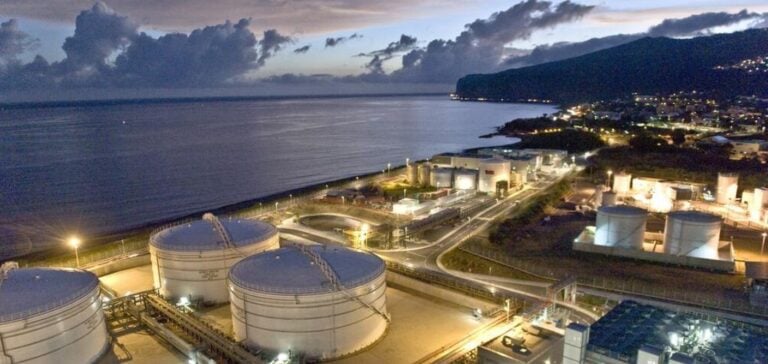According to the French Economic, Social and Environmental Council (Conseil économique, social et environnemental – Cese), the energy transition of the French overseas territories towards self-sufficiency by 2030 is an ambitious but challenging objective. The 2015 Energy Transition Act sets crucial milestones, but implementation remains a complex and multifactorial undertaking.
Challenges and recommendations
The challenges of this transition are many and varied. They include current dependence on fossil fuels, disparities in the energy mix between the various overseas regions, and the geographical and economic constraints specific to each territory. In its report, Cese makes fifteen recommendations designed to overcome these obstacles. These include the need to localize energy policy, adapt actions to local circumstances and actively involve the population in the transition process.
Transition Strategies
The energy transition in the French overseas territories is based on a number of strategic priorities, and follows in the footsteps of measures taken in mainland France. First of all, it’s essential to convert thermal power plants, mainly fuelled by coal and fuel oil, to renewable energy sources such as biomass and biofuels. By way of example, Guadeloupe – in a bid to become energy self-sufficient – wants to double its electricity production from geothermal energy. This transition will gradually reduce our dependence on imported fossil fuels and promote more sustainable, self-sufficient energy production. However, Cese also stresses the importance of developing locally-produced renewable energies, in order to guarantee genuine energy autonomy in the long term. The massive use of biomass, largely imported from France, has been criticized by environmental associations for its impact on local ecosystems and the associated logistical costs. Thus, harnessing the energy resources specific to each overseas territory, such as solar, wind and hydro power, is essential to guarantee the sustainability and resilience of the energy system.
Social and economic implications
In addition to the technical and environmental aspects, the energy transition in the French overseas territories also has significant social and economic implications. Indeed, many people living in the French overseas territories are faced with energy insecurity, due to their insularity, geographical remoteness and lack of resources. To remedy this situation, Cese recommends a number of measures, such as the introduction of energy vouchers for low-income households and the promotion of energy renovation in social housing. In addition, to foster local economic development and stimulate innovation in the renewable energies sector, the report recommends the creation of an investment fund dedicated to green energies. These measures are designed to ensure an inclusive and equitable energy transition, while stimulating economic growth and creating sustainable jobs in the French overseas territories.
All things being equal, the energy transition in the French overseas territories undoubtedly represents a major challenge. Nevertheless, this quest for autonomy also represents an opportunity for sustainable development. A territorial approach, concerted action and citizen participation are essential if we are to achieve the ambitious targets set by the 2015 law.






















